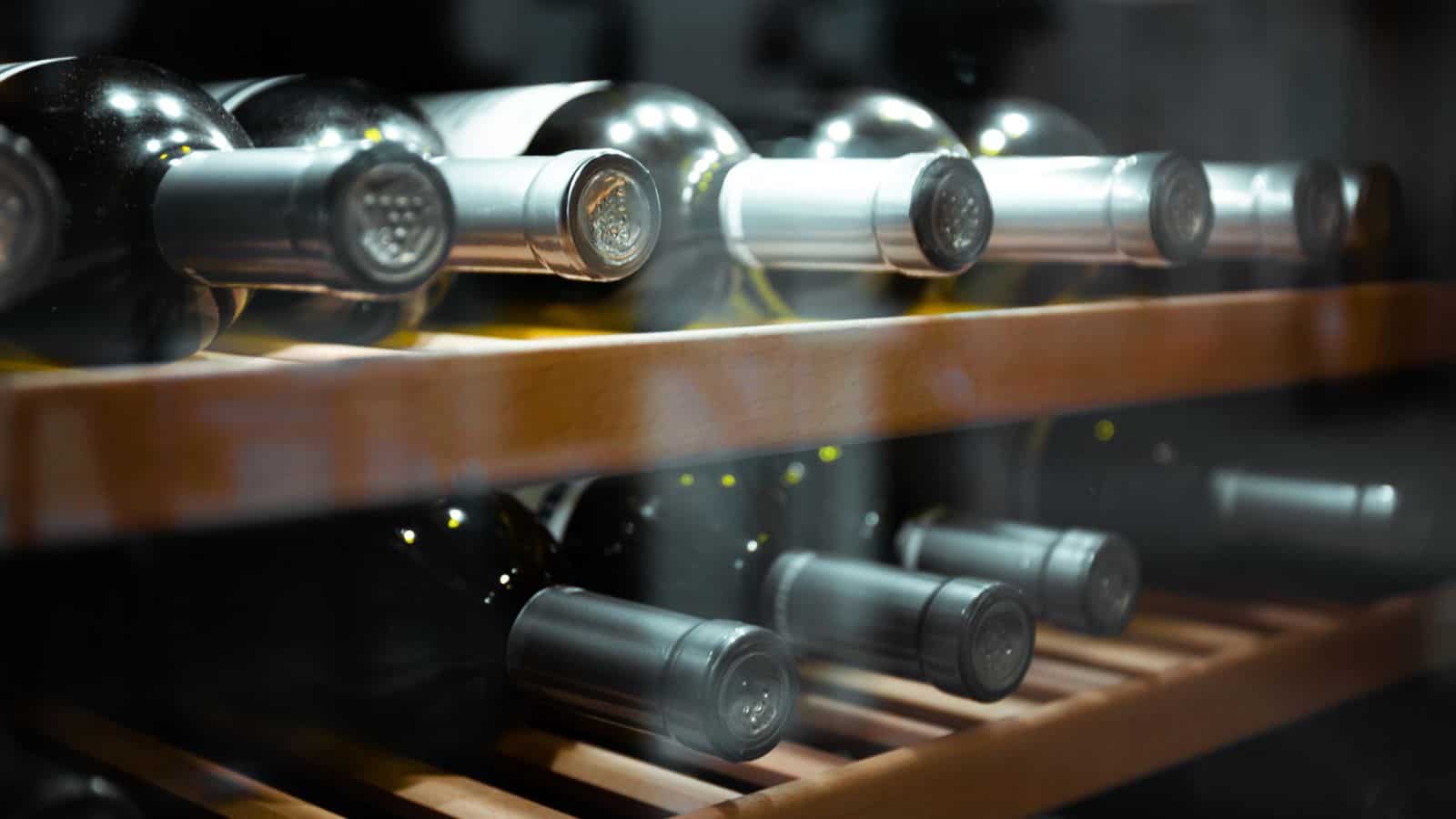The attic may seem like the best place to store things you don’t use very often. However, certain items either get damaged when stored here or could pose a risk to other items stored with them. To help you avoid any problems, here are the last 21 things you should consider putting in your attic.
Important Documents

It’s recommended that paper be stored in environments with humidity levels below 55%. However, this is almost impossible to achieve in the attic. If you have important documents like birth certificates, passports, and legal papers stored there, like the Polygon Group shares, you may eventually see them damaged from warping, wrinkling, or mold growth.
Electronics

Electronic appliances are sensitive to high temperature and humidity levels. In the attic, their internal components might condense, eventually leading to corrosion and the risk of short circuits when they are turned on later. It’s best to keep these in a room with a controlled temperature.
Photographs and Albums

With photographs, heat and humidity are major concerns, and there’s the chance that they get exposed to harmful UV lights, too. These can cause your beloved memorials to stick together and fade away. It’s best to store these photos in one of your room drawers, where there isn’t any exposure to sunlight.
Wines and Spirits

Wines and spirits require stable temperatures to maintain their quality. Since attic storage causes liquids to expand and contract, you risk potentially spoiling your wine. The attic also damages corks, which is another reason you should keep these beverages somewhere, like a wine cellar or a basement bar.
Clothing and Textiles
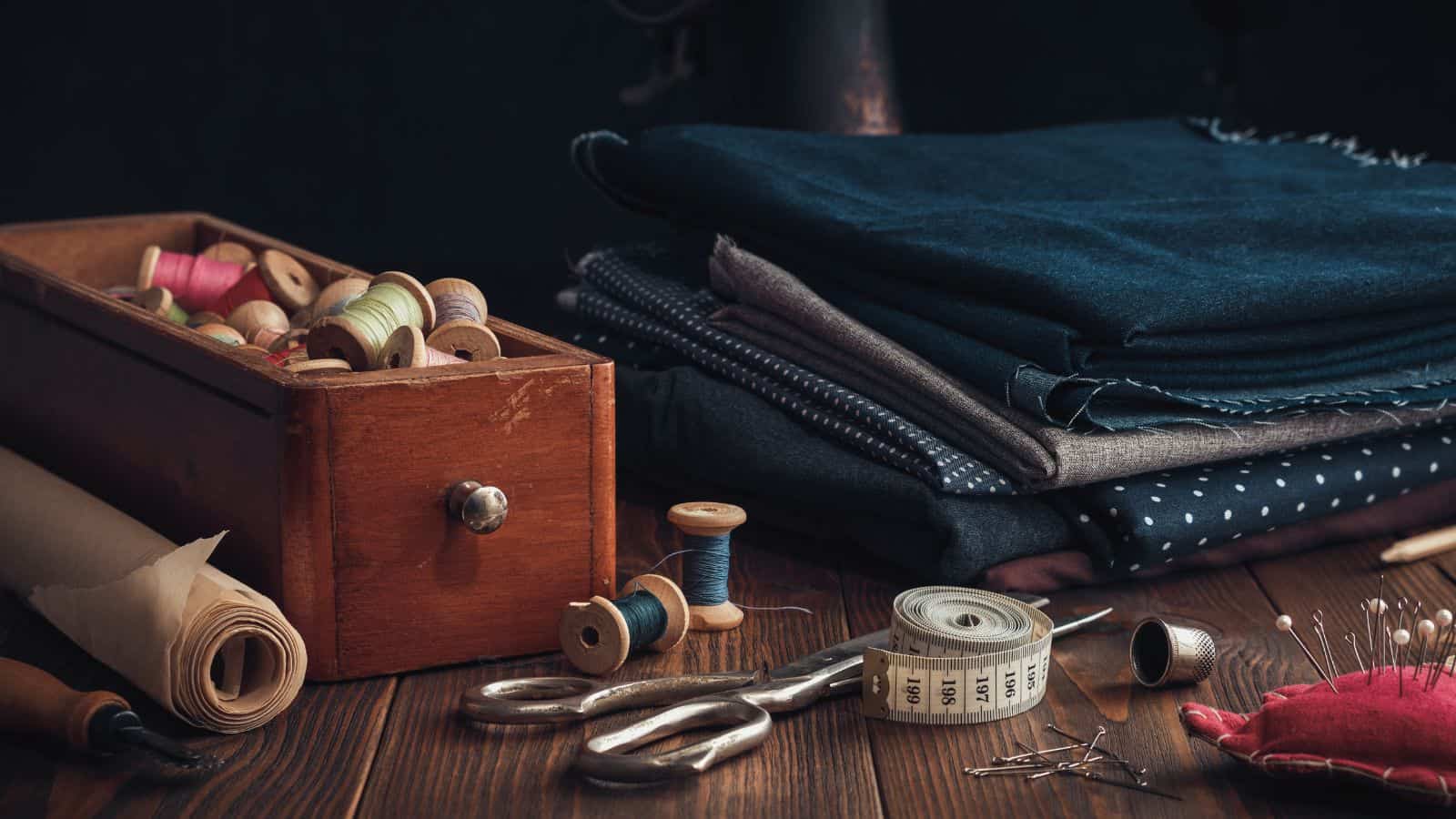
Clothing and textiles are also susceptible to pests, mold, and mildew, and they fare poorly in attics. The fluctuating temperatures and humidity levels can cause fabrics to deteriorate or become infested with insects, which is why you should always store them in sealed containers in places like wardrobes or closets with silica gel packs.
Medicines

When exposed to high attic temperatures, medicines can undergo chemical changes, which can make them ineffective or even dangerous to your health. It is crucial to store medications in a cool, dry place, such as a dresser drawer or a kitchen cabinet, away from the sink and other cooking areas.
Wooden Furniture
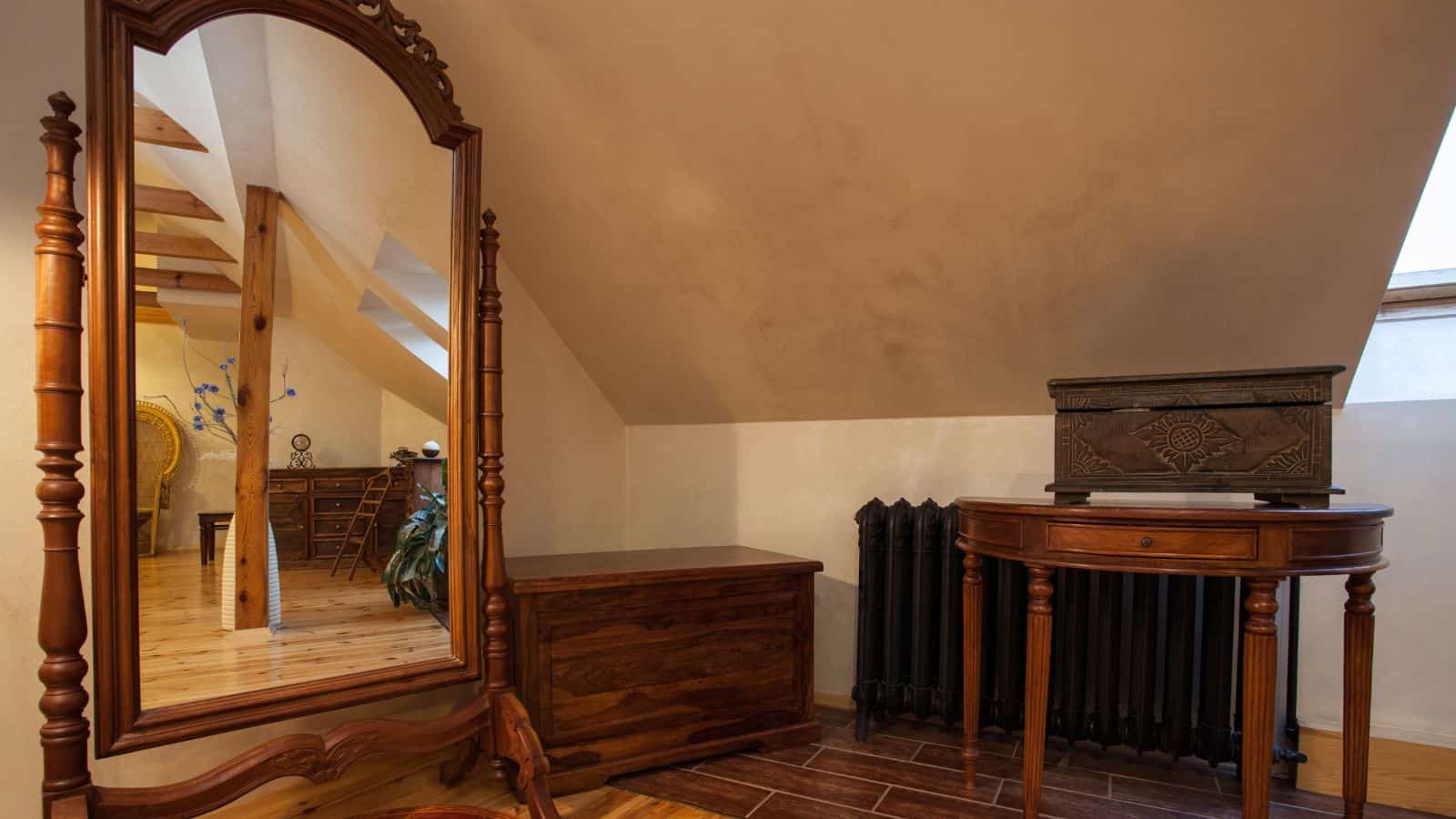
The lack of temperature control and high humidity levels in the attic can significantly damage wood, ruining its finish and structure. For instance, wooden furniture stored in the attic can warp, crack, or become infested with pests, so it should be stored in a climate-controlled area like a basement or, preferably, a spare room.
Musical Instruments

Musical instruments require specific conditions to prevent damage, and attics expose them to extreme temperatures and humidity, causing warping or loss of tune. These delicate items can also suffer from wood and metal expansion. You should keep musical instruments in a controlled environment or get a separate music room for them.
Leather Goods
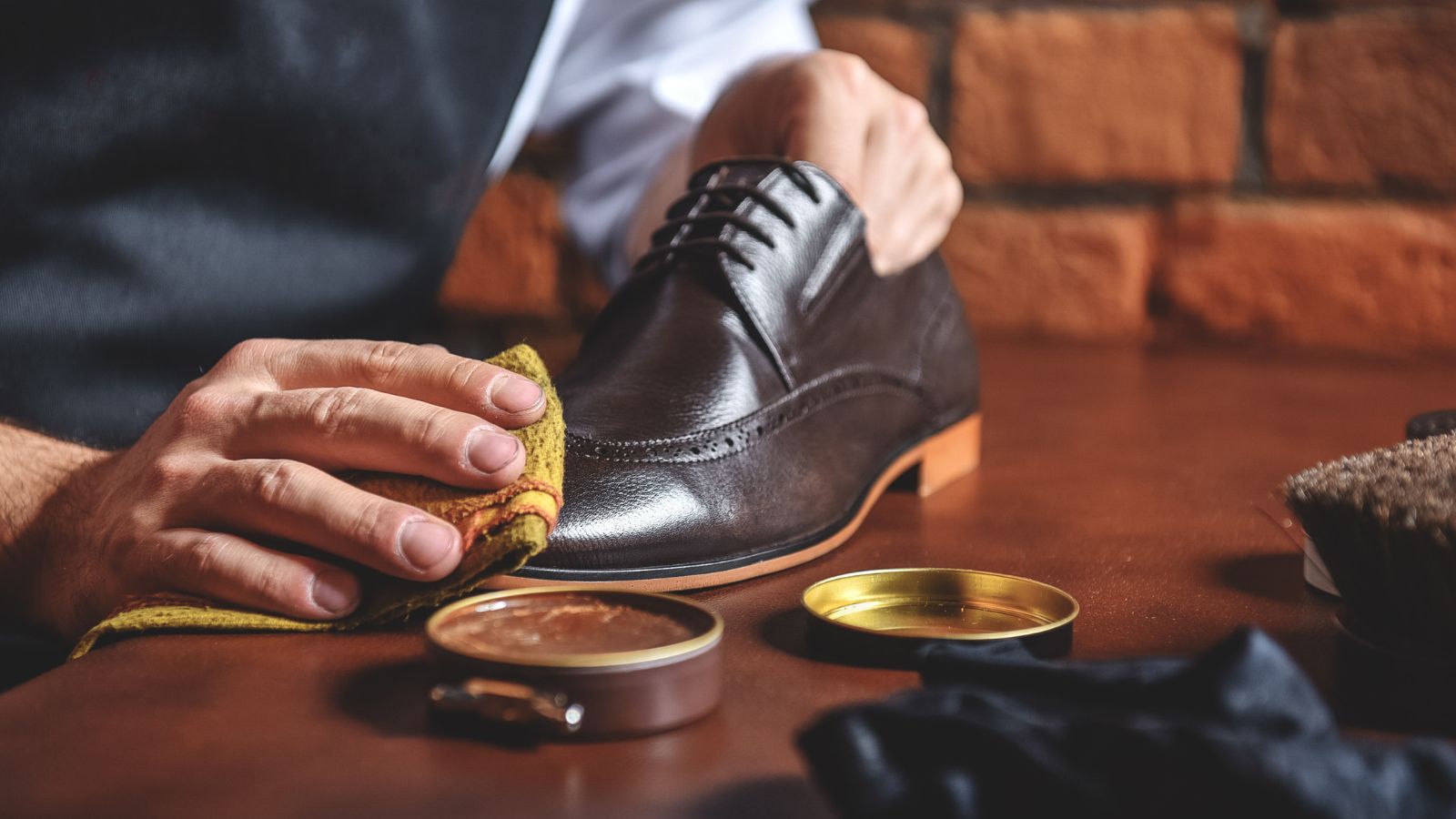
The inconsistent temperature and humidity control in an attic accelerates leather deterioration, and eventually, your leather goods will become dry, cracked, or moldy. Store leather items in a cool, dry place, like a closet with good air circulation or in a breathable container to maintain their quality.
Candles
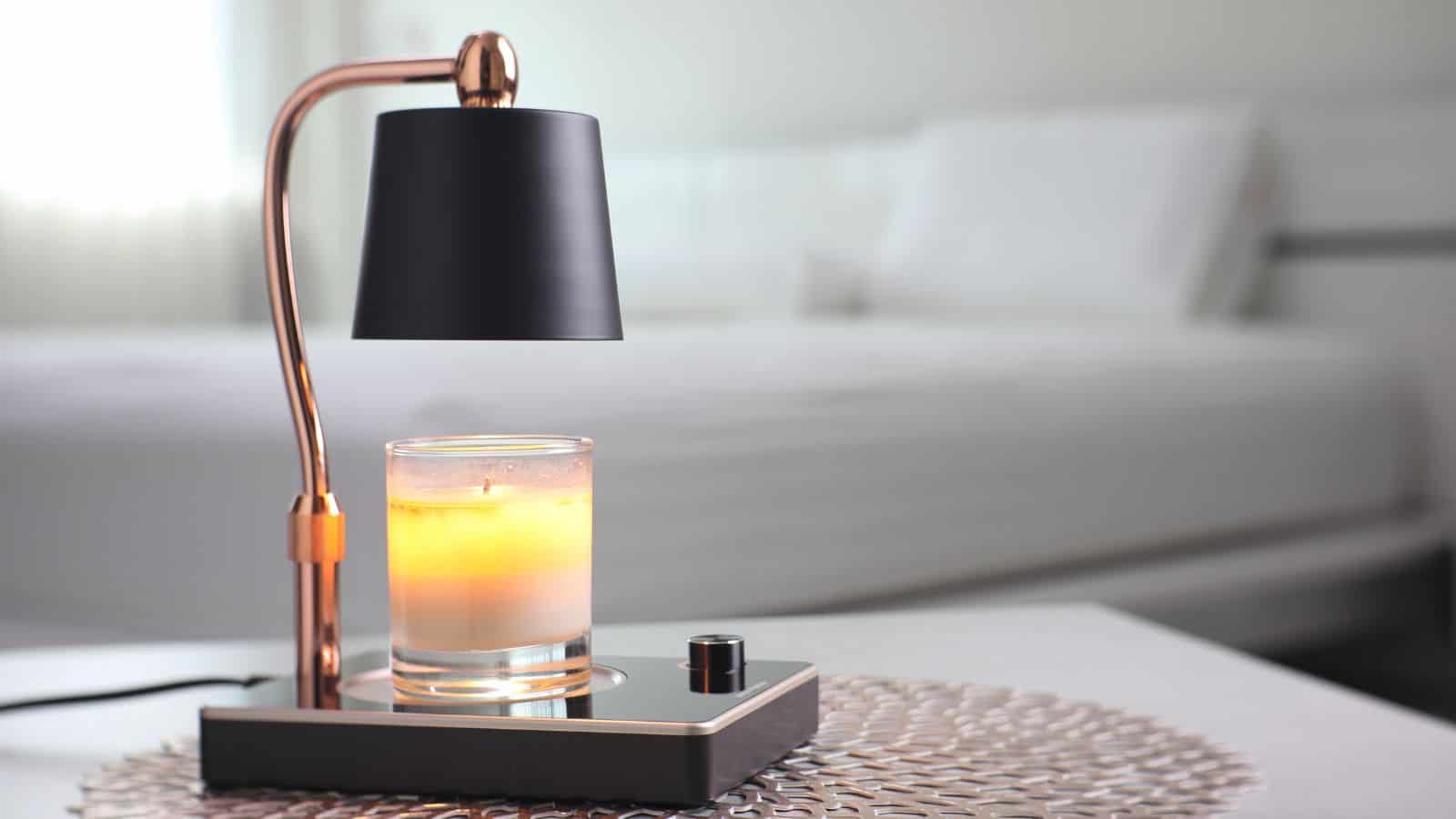
Candles can melt or become misshapen if exposed to high attic temperatures. Additionally, fluctuating conditions can cause them to become brittle and unusable, affecting their scent and burn quality. To keep candles intact, store them in a cool, stable environment, such as a pantry or a cupboard.
Paint and Chemicals
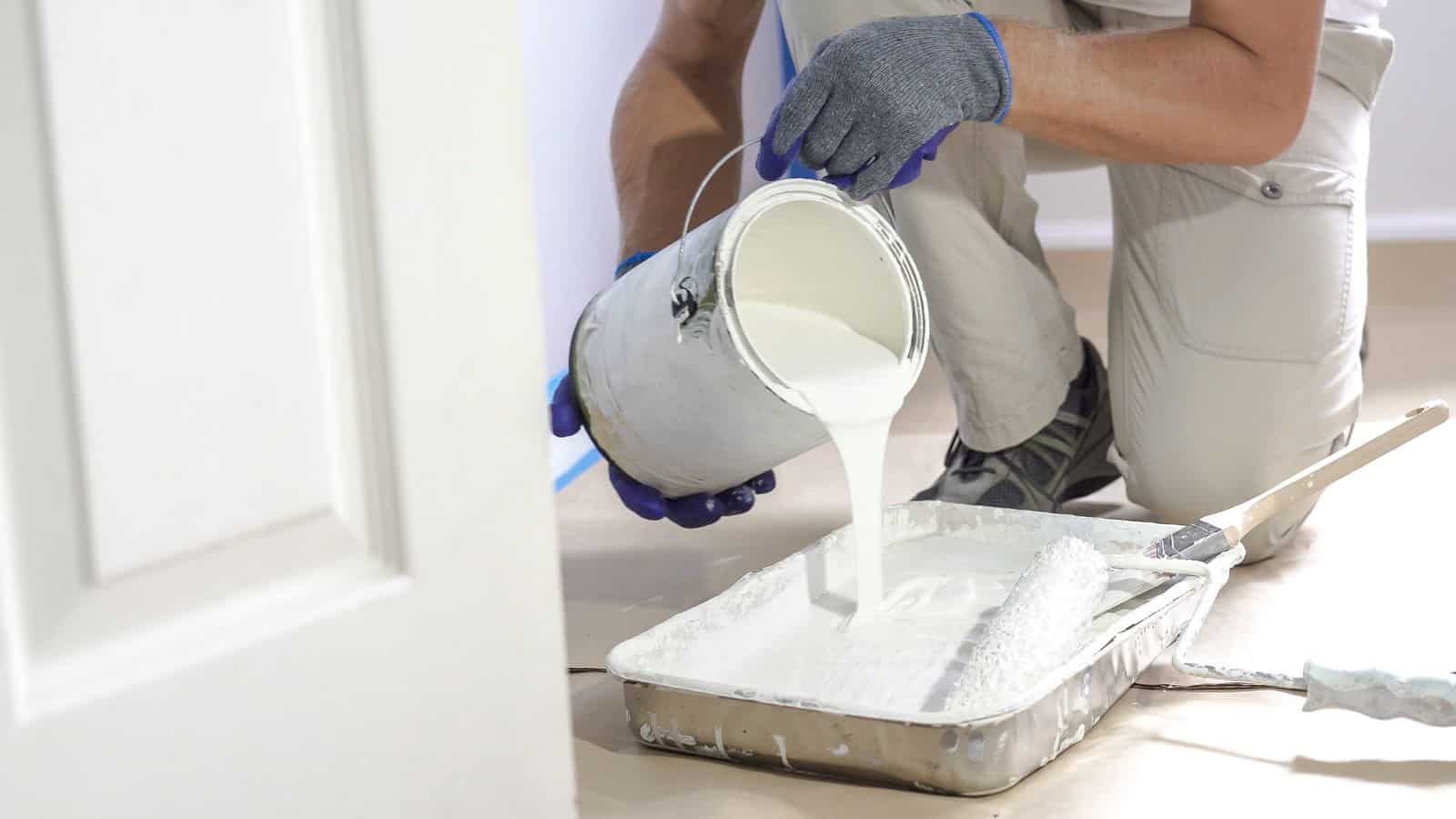
Paint and chemicals should never be stored in an attic, either, due to the risk of leakage and hazardous fumes. Extreme temperatures cause containers to expand and burst, creating dangerous situations and damaging nearby items. Instead, store these items in a well-ventilated, temperature-controlled area, like a garage or utility room.
Books and Magazines

Books and magazines stored in attics can suffer damage from heat and humidity. For instance, pages may become yellow, brittle, or stick together, eventually ruining your collection. Store them in a cool, dry place, such as a bookcase in your living room or a dedicated library space to preserve their condition.
Vinyl Records
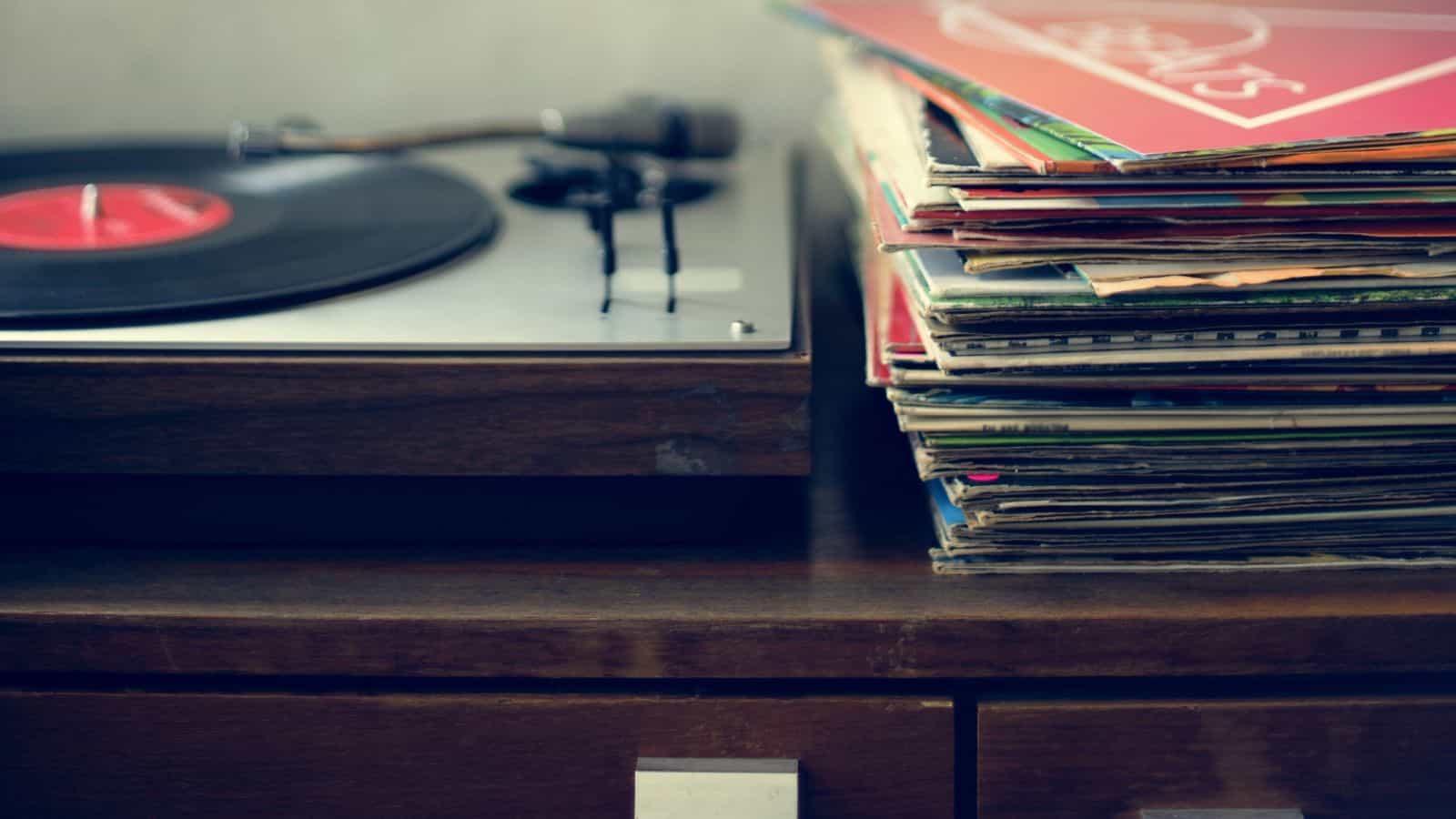
If stored in an attic, the heat causes vinyl records to bend and their sleeves to deteriorate, while humidity can lead to mold. Eventually, these records warp beyond safe levels and become unplayable. To keep your vinyl collection in good condition, store it vertically in a cool, dry place away from direct sunlight, like a specialized record cabinet.
Perishable Foods

The fluctuating temperatures in attics make them unsuitable for perishable foods as well. These items can spoil quickly and attract pests, posing health risks to you. You want to store perishable items in a refrigerator or pantry to ensure they remain safe to consume and avoid contamination or infestations.
Holiday Decorations

Attic heat and humidity can damage holiday decorations—ornaments may break, fabrics may mold, and lights may malfunction. To ensure they last for many seasons to come, store these decorations in a dry, climate-controlled area, such as a basement or a dedicated storage closet with moisture-absorbing packets alongside them.
Antiques and Heirlooms

Antiques and heirlooms can suffer from the harsh conditions of an attic. Heat, humidity, and pests cause irreparable damage to these valuable items, leading to a loss of sentimental and monetary value. Store antiques and heirlooms in a stable, controlled environment, such as a display cabinet, to preserve their condition.
Instruments and Tools
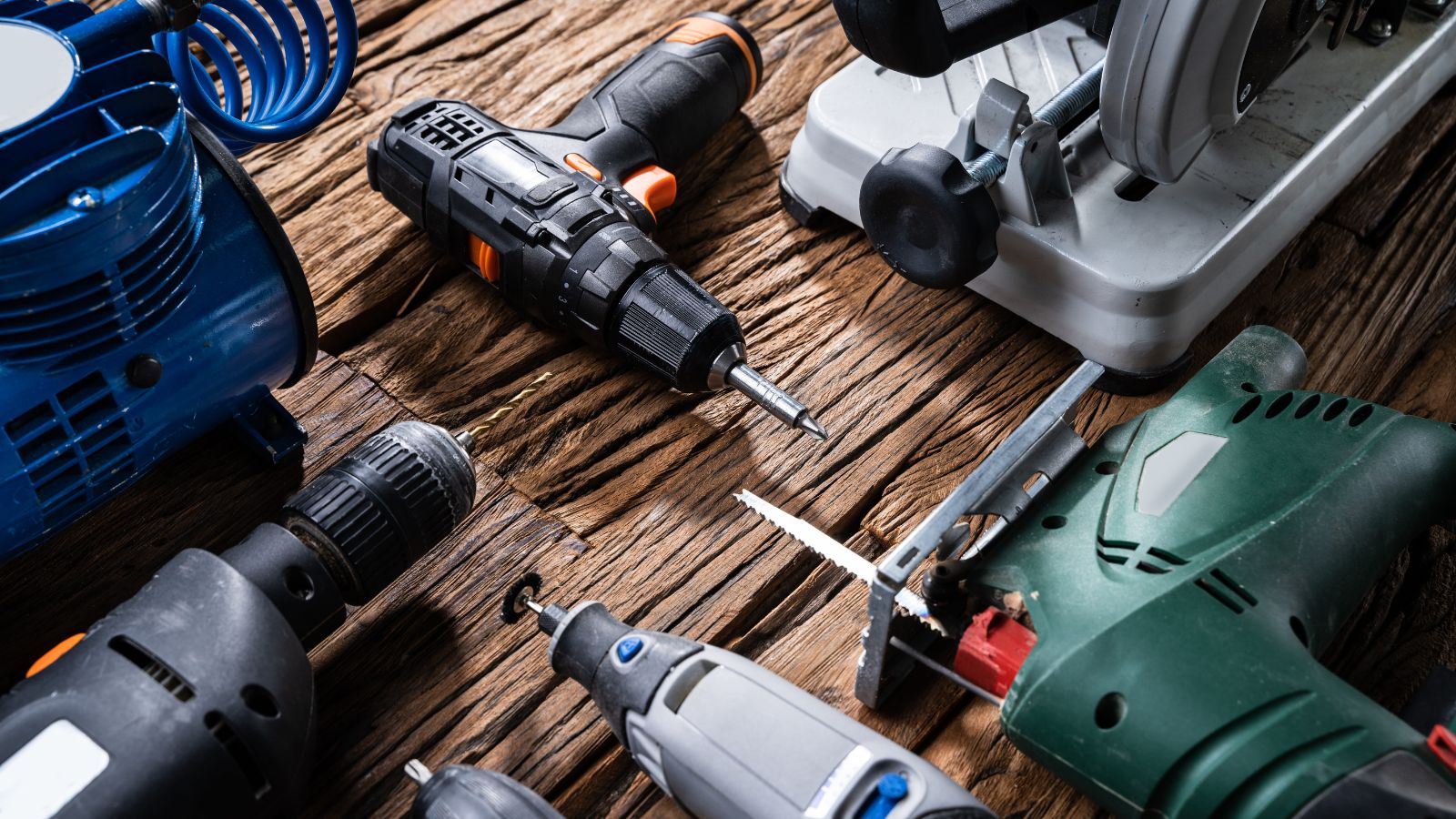
Fluctuating temperatures and humidity levels in attics can cause instruments and tools to rust or deteriorate. Metal parts corrode, and wooden handles warp, reducing their functionality and lifespan. Store these items in a dry, climate-controlled space like a workshop or a garage with proper ventilation.
Linens and Bedding
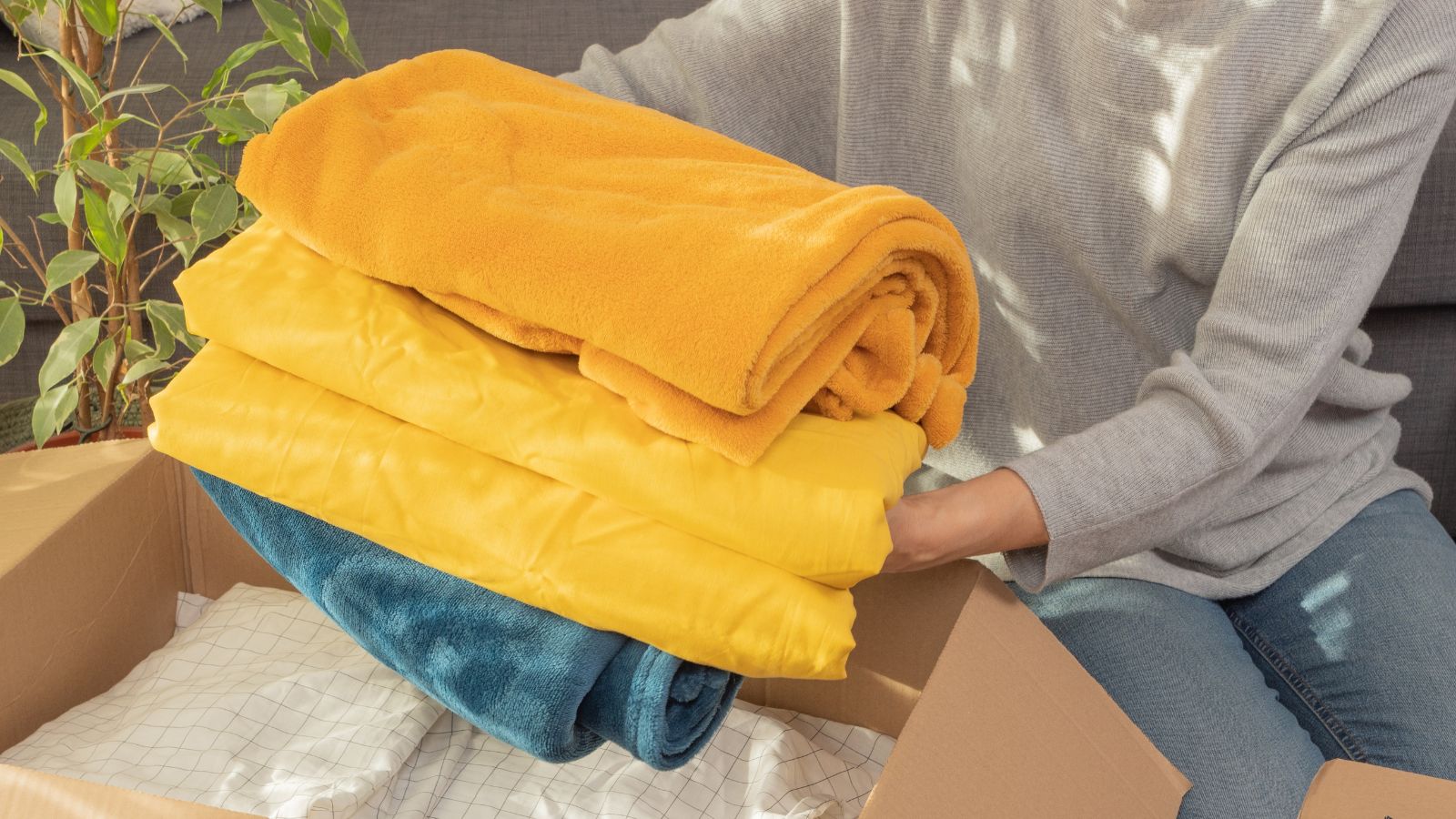
Linens and bedding attract pests and develop mold or mildew if stored in an attic. Inconsistent climate control can also cause fabrics to deteriorate and lose their freshness. Hence, you should keep linens and bedding in sealed containers in a cool, dry place, such as a linen closet or a spare bedroom.
Photographic Equipment

Photographic equipment is highly sensitive to extreme temperatures and humidity. Storing cameras and lenses in an attic can lead to condensation buildup and mold growth, causing them to malfunction or damage. Preserve your photographic gear by keeping it in a stable, climate-controlled environment, like a secure cabinet in a cool room.
Collectibles

Collectibles like stamps, coins, and trading cards can lose their value if stored in an attic. Heat and humidity cause deterioration and damage, reducing their worth and appeal. Store these in protective cases and a stable environment, such as a dedicated display area or a secure closet in your home.
Batteries
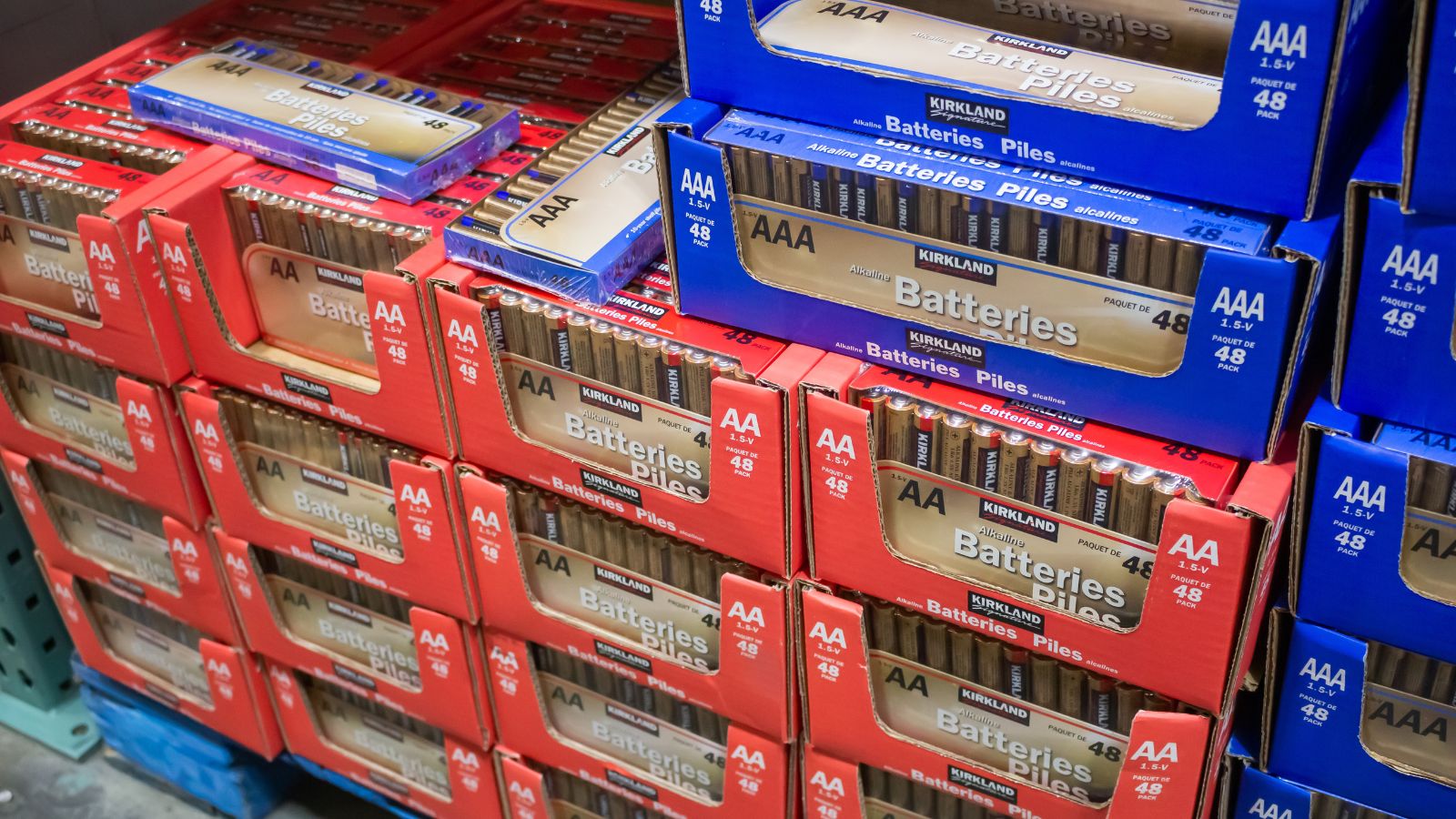
With batteries stored in attics, the chemicals inside can break down, making the battery either discharge or become hazardous. Batteries can also leak and threaten other items you store with them. So, to maintain their effectiveness and prevent any potential hazards, preferably store them in a drawer or a utility room.
Up Next: 18 Cities in the US That Are So Bad You Won’t Want to Visit

While there are many beautiful cities in the U.S. that are well worth a visit, there are also some that you may want to avoid. This is largely due to high crime rates or issues with quality of life. Here are 18 U.S. cities that you won’t want to visit.
18 Cities in the US That Are So Bad You Won’t Want to Visit
19 American Cities That Disappoint Visitors So Much They Wish They Never Went

The United States is a vast country with over 109,000 cities and towns and many popular tourist hotspots, promising visitors fascinating history, famous landmarks, natural wonders, impressive architecture, and cultural delights. But not every city lives up to the hype! Here, we explore 19 American destinations that often leave visitors underwhelmed.
19 American Cities That Disappoint Visitors So Much They Wish They Never Went
19 Signs That Say You’ve Officially Entered Old Age

Old age comes for us all, though we do our best to resist it for as long as possible. But aging isn’t only gray hair, wrinkled skin, and yelling at kids to get off your lawn. Here are 19 signs you’ve realized you’re no longer the young stud you once were!

